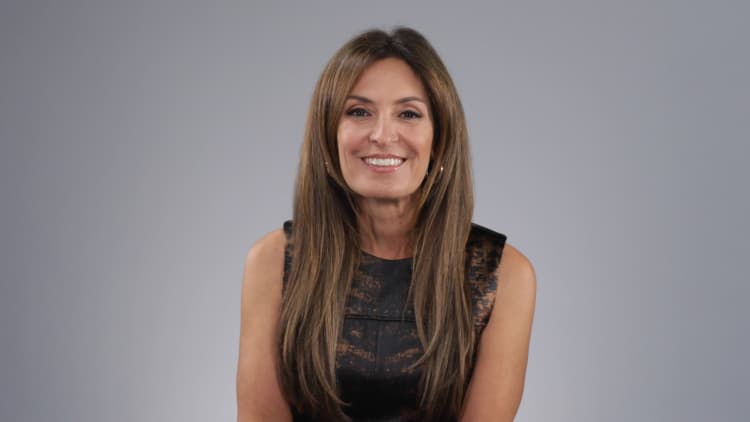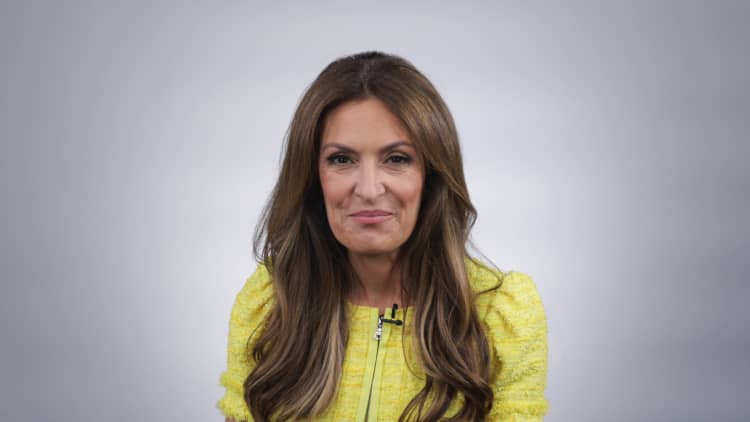It's no secret that young professionals today are switching jobs more often than previous generations did.
Research shows that most millennials change jobs about four times by the time they hit 32. And a recent Gallup poll found that 60 percent of workers between the ages of 21 and 37 are open to leaving their job to pursue another one.
So whether you're actively looking for a new job or not, knowing how and when to make your next career move is crucial. Here are five strategies to help you land that new job:
1. Make your online presence impeccable
Hiring managers will almost always Google search job candidates they're interested in interviewing, so you'll want to make sure that what they find shows you are a serious candidate.
Randi Sherman, career expert at Glassdoor, says every professional should share online content related to the industries he or she interested in on Twitter, Facebook and LinkedIn.

It's an easy way to show people what you're focused on professionally, as well as connect with others in the field.
She also suggests individuals create a website that features a fun tagline and a professional-looking headshot.
"Potential employers will search for you online, and when they do, you need to be able to control what they are able to find," Sherman writes.
2. Customize your resume
Tweaking your resume each time you apply to a new type of role or to a new company can really help you stand out from other applicants.
"It's a job seeker's best bet," says Brie Weiler Reynolds, senior career specialist at job search site FlexJobs. "I've heard the same advice over and over from recruiters who spend their days reviewing resumes looking for the best candidates."

Start by creating one resume that features all of your work experience, skills and certifications. This will be your "master resume." Then, make a copy of it and adjust it depending on either the role or the company.
If you're submitting your resume by email, don't forget to include a professional email signature.
3. Be prepared for this tricky interview question
At some point in a job interview, a hiring manager will probably likely ask you, "What's your biggest weakness?"
According to bestselling management author and CNBC contributor Suzy Welch, hiring managers use this well-worn question to gain key insights into your character.

You want to make sure you don't come across as phony, dishonest or out of touch, Welch says. So instead of dodging the question and talking about your strengths, or worse, launching into a personal monologue, be prepared.
A good answer shows that you're authentic and know who you are, have taken steps to manage your professional weaknesses and are eager to improve.
4. Seek out mentors
Michael Sonnenfeldt, CEO of Tiger 21, a social networking site for ultra-wealthy entrepreneurs, says that people should pay more attention to their own networks.
Successful people, he says, have almost always benefited from the help of others.
In his book "Think Bigger: And 39 Other Winning Strategies from Successful Entrepreneurs," Sonnenfeld writes about the different mentors you should look out for, such as the "wise veteran" who is willing to impart her wisdom or a "generous peer" who helps his colleagues.
To develop your own social network, ask a colleague to grab a quick coffee, join a local organization or work-related group or even take steps like as making an effort to engage in more small talk with others at the office.
"You are never too smart or too old for a mentor," Sonnenfeld says.
5. Don't be afraid to show your enthusiasm
Falon Fatemi, an entrepreneur who was already worked for Google at age 19, says that one the biggest reasons she got the highly-coveted job working for Larry Page's company was because of her attitude.
During the interview, she was asked what interested her, CNBC Make It's Ali Montag reports.
Fatemi decided to say what she really wanted do, which was to "learn everything" and to work at Google.
"I had the courage to be like, 'I want this job and I want to learn as much as I can,'" she says. "I took action..I chose to ask for the job that I wanted."
Like this story? Like CNBC Make It on Facebook.
Check out how to answer the interview question "tell me about yourself."




